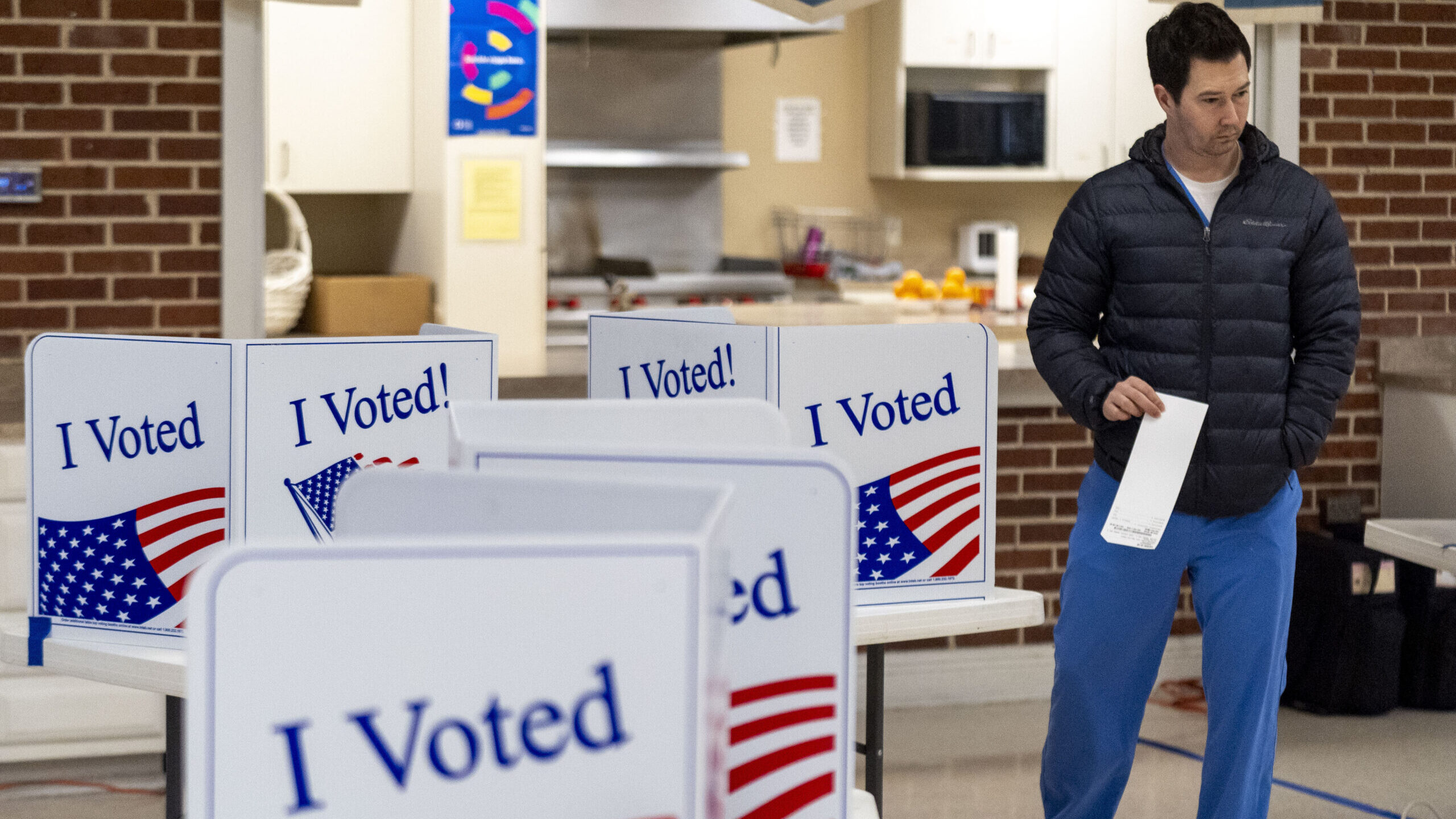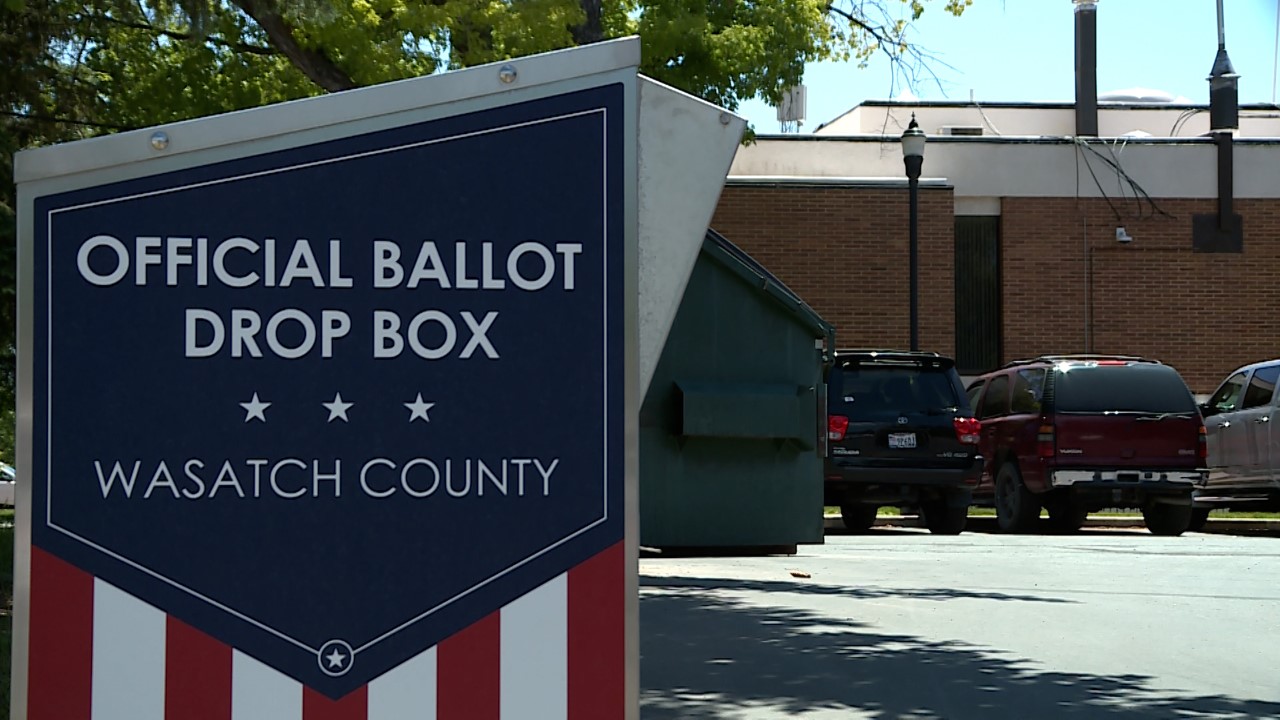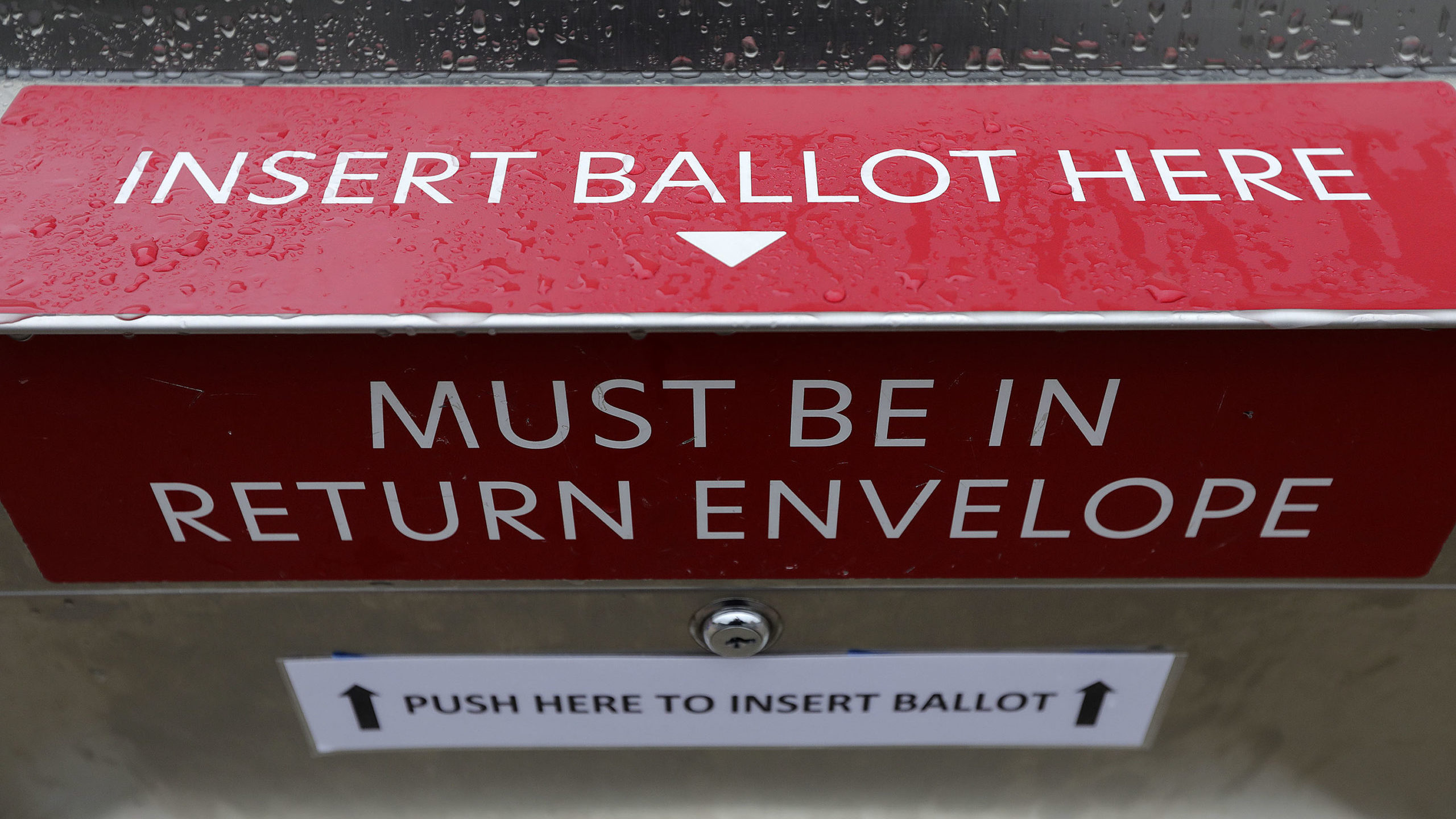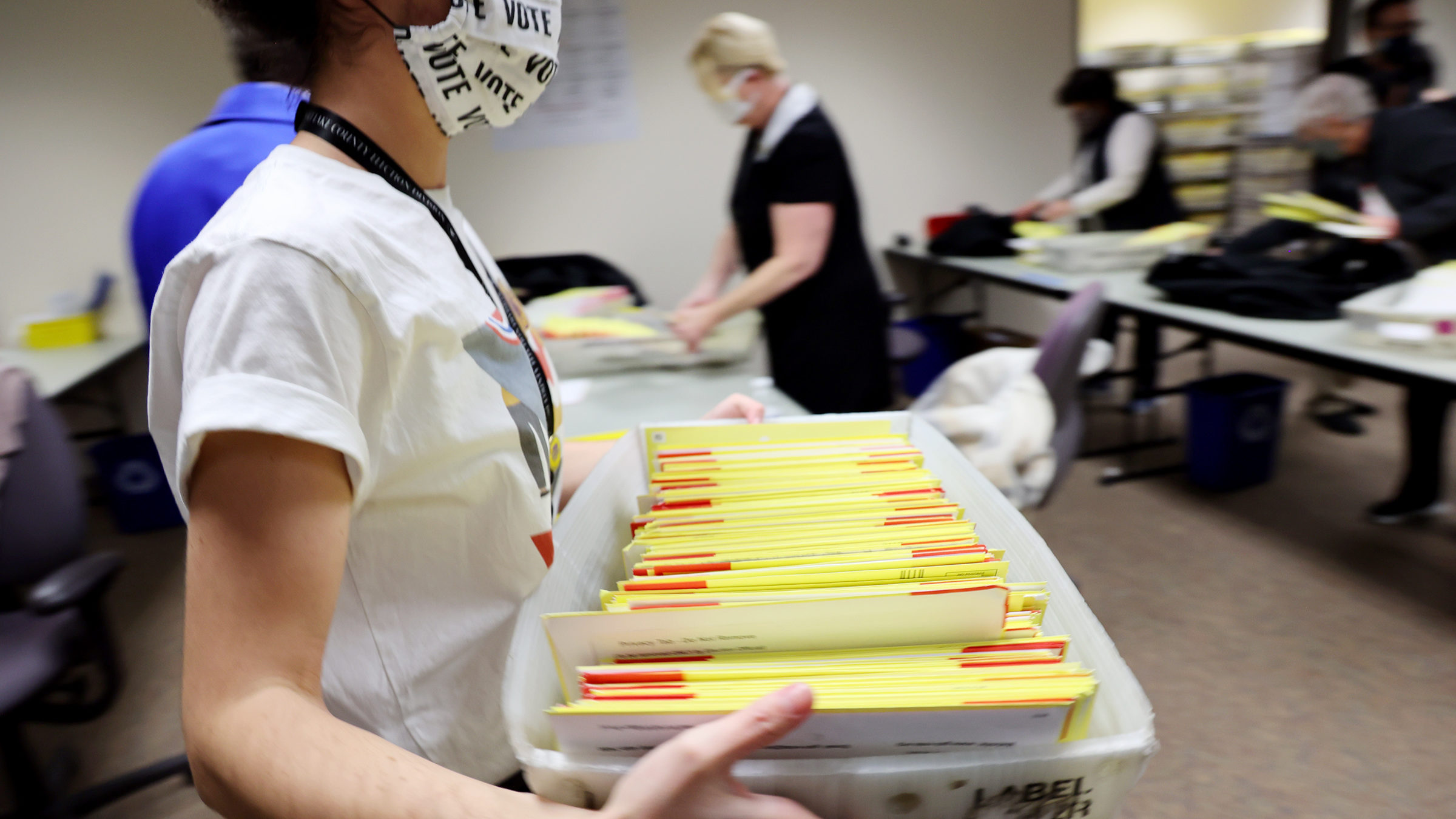LISTEN: Rising turnover rate among America’s election officials
May 7, 2024, 3:20 PM | Updated: May 8, 2024, 5:50 pm
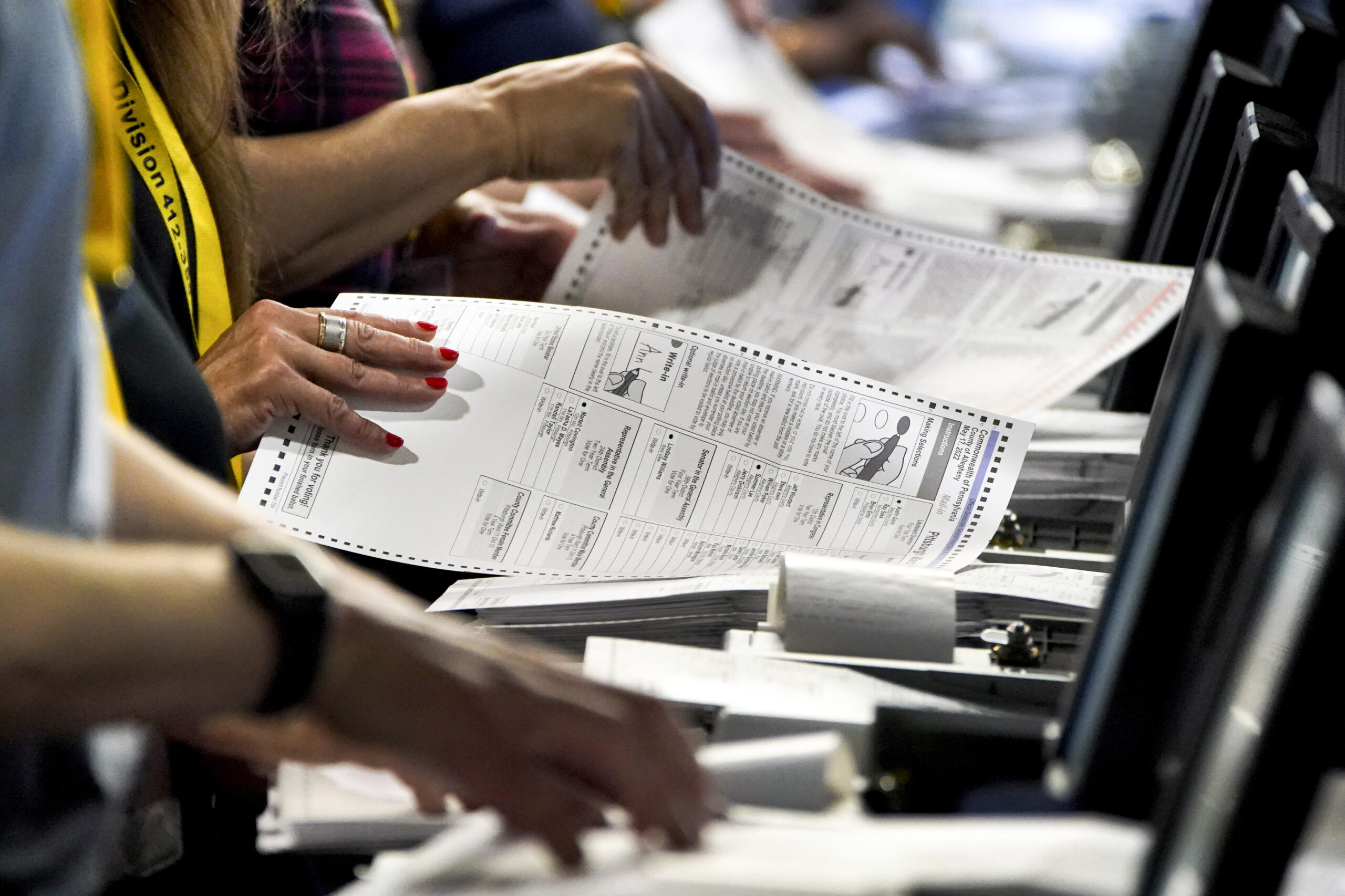
FILE - Election workers perform a recount of ballots from the Pennsylvania primary election at the Allegheny County Election Division warehouse on June 1, 2022. (Gene J. Puskar, Associated Press)
(Gene J. Puskar, Associated Press)
Here’s the podcast 👇 of our live interview with Leah Murray
A new study from the Bipartisan Policy Center found a rising trend in the number of election officials who quit their jobs. That turnover rate, the Center said, increased by 38% between 2004 to 2022.
KSL At Night host Leah Murray, the director of Weber State University’s Walker Institute of Politics and Public Service, said the trend isn’t new.
“I think a lot of times people think elections officials have it bad recently,” Murray said. “But that line has been increasing by 38% pretty consistently over two decades.”
Challenges of working in elections
When discussing the reasons behind election officials leaving the job, Murray pointed to the stressors inherent in the job.
“The answer must just be it’s a really hard unsung hero kind of job.”
In an episode of KSL at Night, Murray pointed to an example from the 2000 presidential election. An election worker in Florida had used ‘butterfly ballots’ with a large font due to the older average age of voters in her county.
Confusion and controversy arose due to those butterfly ballots, with the big question being whether their design had skewed the vote. A lot of the heat fell on the shoulders of the election worker who had ordered them.
Funding struggles
Election officials also often face issues with funding when new security measures are passed. That, combined with lower pay, leads to a great deal of stress.
“There’s a lot of national election law. Those are unfunded mandates,” Murray said. “They’ve got to implement things that the Supreme Court says and no one actually pays them to do it.”
Glassdoor reports that the average earnings for election officials in America is approximately $44,000 annually.
On top of everything, the pressure of hotly debated elections doesn’t help.
“If I have never run a presidential election before and I’m rolling into what might be one of the hottest elections we’ve had at least since 2020,” Murray said, “that could be tricky.”



